Delaware Radiation Therapist Advocating for Young Women by Raising Awareness Around Breast Cancer
Dr. Nia Bailey is an oncology radiation therapist on a mission to save the lives of young women.
Listen 5:25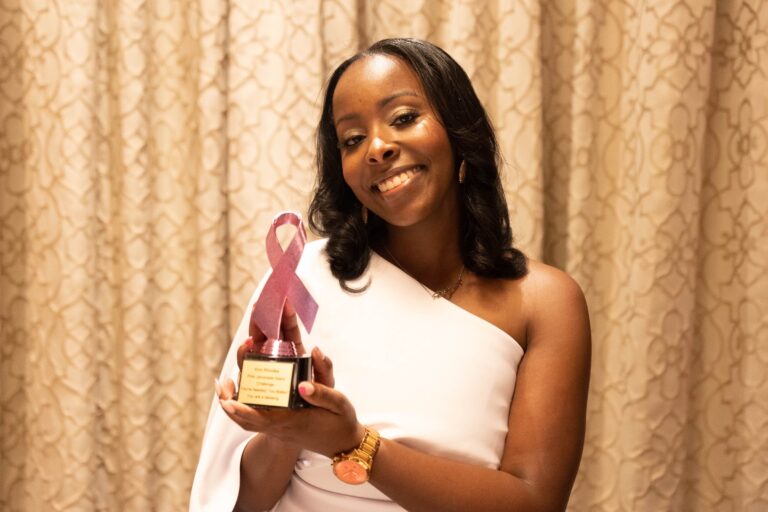
Photo taken by Johnny Rocket.
Dr. Nia Imani Bailey is an oncology radiation therapist. Working alongside an oncology team, her job is to use radiation to target cancer cells. She is literally a cancer killer. But at 31, the work is more than just a job– Bailey believes she is on a mission to save lives.
“When I was in school the only cancer we saw was in kids or in older adults,” says Bailey, “but when I started working in the field, I would see so many young women with breast cancer— I was like, ‘what’s going on?’”
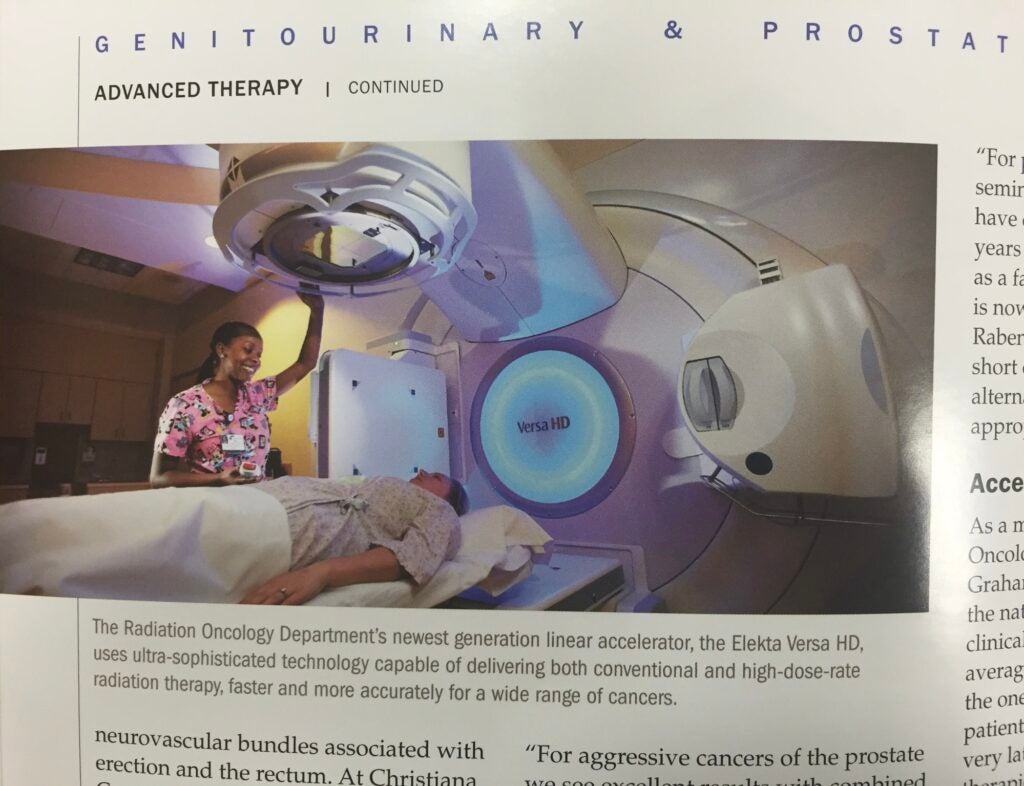
In practice, Bailey says she noticed that she was treating numerous women in their 20s, 30s and 40s, all diagnosed with breast cancer. The US Services Task Force recommends that women get breast cancer screenings beginning at age 40. But 10 years ago, the recommended age to start screenings was 50.
“Hearing that- I think a lot of younger women do not think we can get breast cancer,” she says.
During her nearly decade long career, some of Bailey’s patients became friends. A few of them died. One young woman was just 24 years old when she lost her life to breast cancer.
“She looked just like me,” recalls Bailey, “she had box braids like me, you know, a gold anklet and we both like Meek Mill…and I’m like, oh, that’s not supposed to happen.”
Then, there was Jacklyn, a patient turned friend who died at age 36.
“She said, ‘don’t forget about me,’” says Bailey, “at the time she was just talking— not knowing that she was actually going to pass away.”
Tackling Misconceptions.
Watching those breast cancer deaths shifted something in Bailey. While working on her Ph.D. at West Chester University, she focused her dissertation on the experiences of breast cancer patients under age 40. Bailey interviewed dozens of young women diagnosed with the disease, focusing on the challenges the women faced when trying to get a timely diagnosis, as well as the impact of healthcare guidelines in their outcomes. Her goal is to lower the age for breast cancer screenings to age 30.
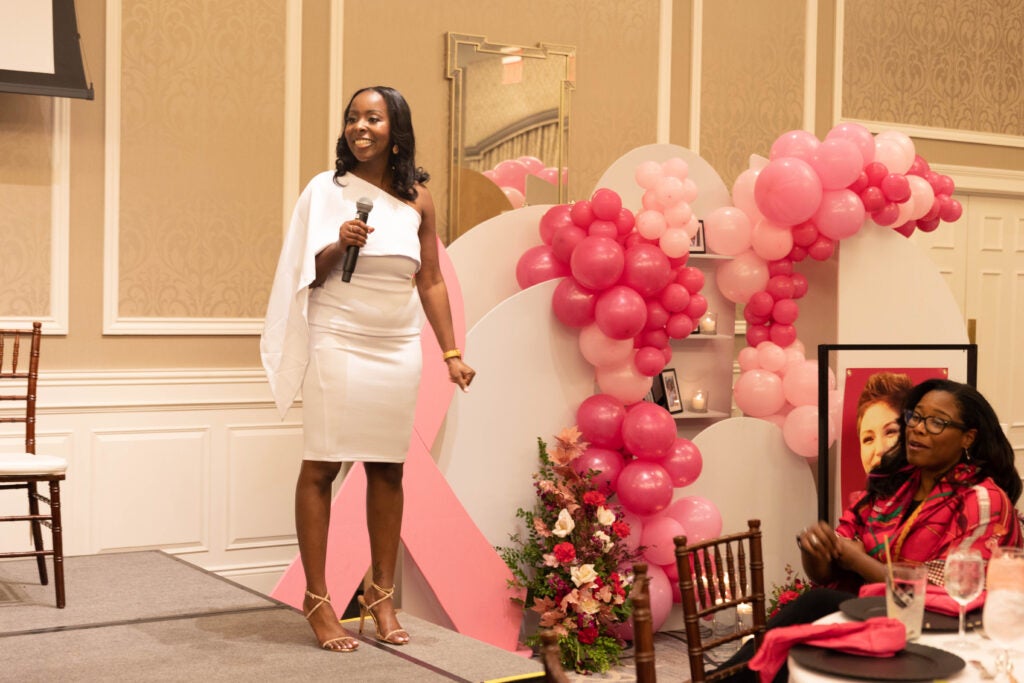
“Somebody who’s 24 years old is not too young for cancer, someone who is 30 is not too young for cancer,” says Bailey, “the whole point of my dissertation was to start that conversation and push the envelope.”
Her paper, titled “Federal Health Reform: Breast Cancer Outcomes,” helped Bailey earn her Ph.D. in Public Administration in 2020.
A Letter to My Sisters.
Bailey, who loves watching films, wanted to speak to women directly. She is the writer, director and producer of “A Letter to My Sisters: A Breast Cancer Documentary for Young Women.” In the film she interviews three diverse women about their breast cancer journey.
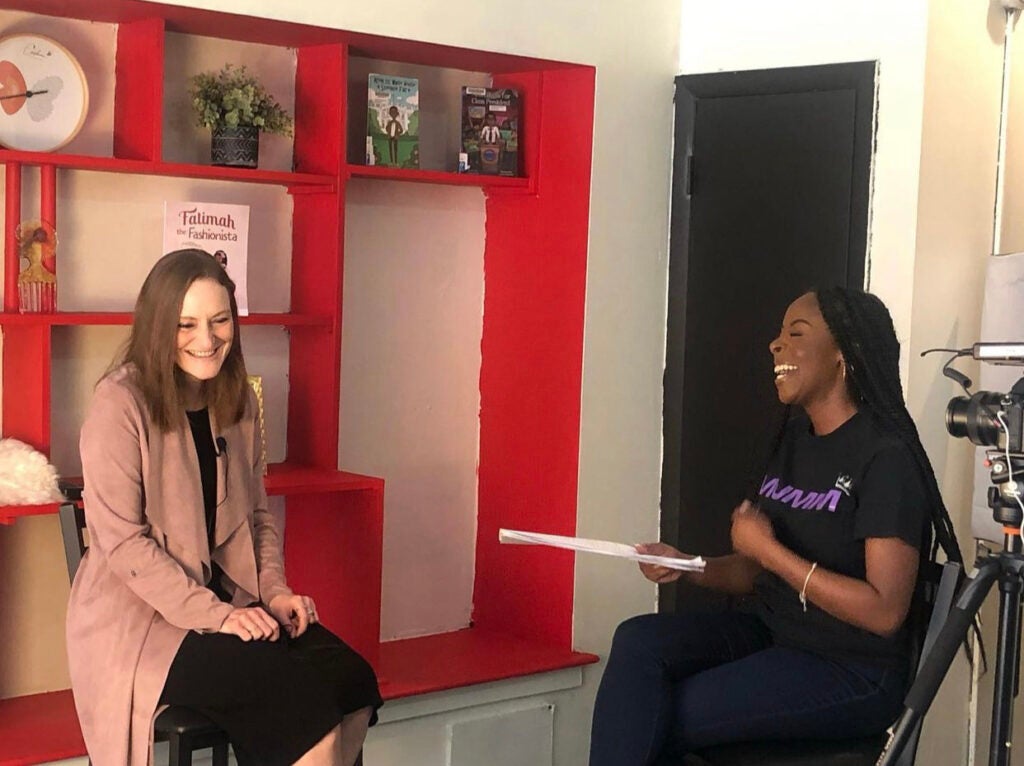
The women include Janique Rivera (diagnosed in her 20s), Brenda Dorantes (diagnosed in her 30s) and Lynne Michell (diagnosed in her 40s). The women have diverse backgrounds, ethnicities and even language.
“[Brenda] tells her story of not thinking that she could get breast cancer,” says Bailey, “She said to me ‘I’m Mexican— Mexican women don’t get breast cancer.”
Bailey says a goal of the film is to tackle myths head on.
“I really wanted to show the world that [when it comes to breast cancer] it doesn’t matter your skin color, your language, how much money you make, nothing like that,” she says.
On a Mission.
“Nia’s mission is if she can just change one life, if she can just help to save on person that she’s actually living her purpose,” says Nicolle Surratte.
Surratte was diagnosed with breast cancer 12 years ago. The divorced mom thought she was taking care of herself via exercise and a healthy diet. But the diagnosis helped her realize that the stress of work, caring for an ailing parent and life may have helped lead to her diagnosis. Luckily, she not only survived, but is thriving. She’s now an advocate and met Bailey in 2018 when they served as members of the Helen F. Graham Cancer Center and Research Institute’s Community Resource Advisory Board in Delaware.
“There was just something about her, even in her introduction, that just drew me to her,” recalls Surratte, who nominated Bailey for the Good Souls Project.
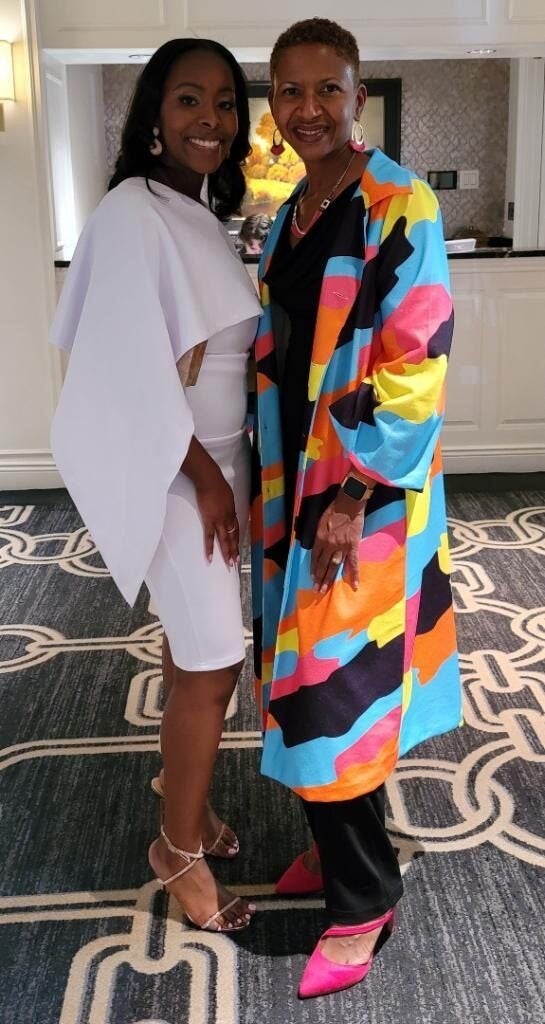
“If people don’t know- her name, ‘Nia,’ means purpose,” she says, “and Nia is really about it and she is very determined to get the best outcome for her patients and I think part of it is- she knows it could be her on the other side.”
Bailey holds screenings of “A Letter to My Sister” documentary around the region, hosting conversations to raise awareness. She also volunteers with numerous breast cancer organizations. Bailey says her efforts prioritize education, awareness, prevention and advocacy.
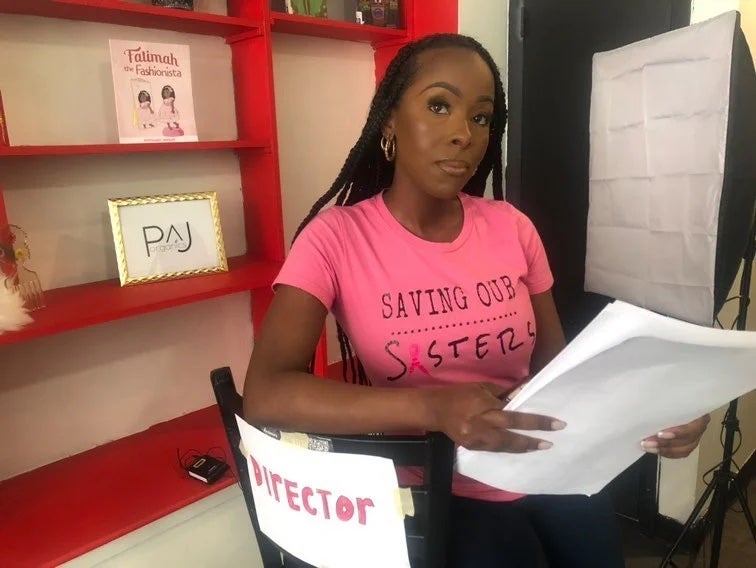
“I tell women, ‘you know your body better than anybody, so advocate no matter what,’” she says.
She also pushes the importance of knowing your family history and is a proponent of genetic testing.
Personal Loss.
Bailey, who grew up in West Philadelphia, has personally experienced the impact of cancer. At age 15, her father was diagnosed with prostate cancer. He didn’t tell his children until he was in remission, but Bailey says the incident inspired her work in radiology.
“I am a daddy’s girl- so I had to get into the field that helped him,” she says.
One of the hardest moments in her life, was losing her grandmother to multiple myeloma.
“My grandmother was such an inspiration,” says Bailey, “when she was dying from cancer- she was still obedient- she’d answer the phone ‘Praise the Lord,’ and she was never angry or upset.”
Bailey recalls that her grandmother would feed people who were houseless, she’d help those in need and would just sit and talk to folks.
“My Nana, was a good soul,” says Bailey.
Bailey says her grandmother is the reason she founded her non-profit Agape: Finding Your Purpose, Incorporating Your Faith. Through that work, she provides food and support for people who are experiencing homelessness.
The Work Continues.
Bailey believes she’s just getting started.
“There’s so much work to do,” she says.
She’s working on her second documentary, telling the stories of more women battling breast cancer. Bailey plans to continue her advocacy work.
“Nia is a good soul,” says Surratte, “She is genuine in her care, in her concern for others whether she is doing something professionally or personally— she just gives from the heart.”
On October 7, 2023, Bailey will host a screening of “A Letter to My Sisters” at the Philadelphia Museum of Art. For details go to https://www.drniaimanibailey.com/.
If you know someone who has performed an act of kindness, whether it be big or small and you think they serve as an example of compassion, generosity and service, nominate them here: whyy.org/goodsoulsform.
WHYY is your source for fact-based, in-depth journalism and information. As a nonprofit organization, we rely on financial support from readers like you. Please give today.



